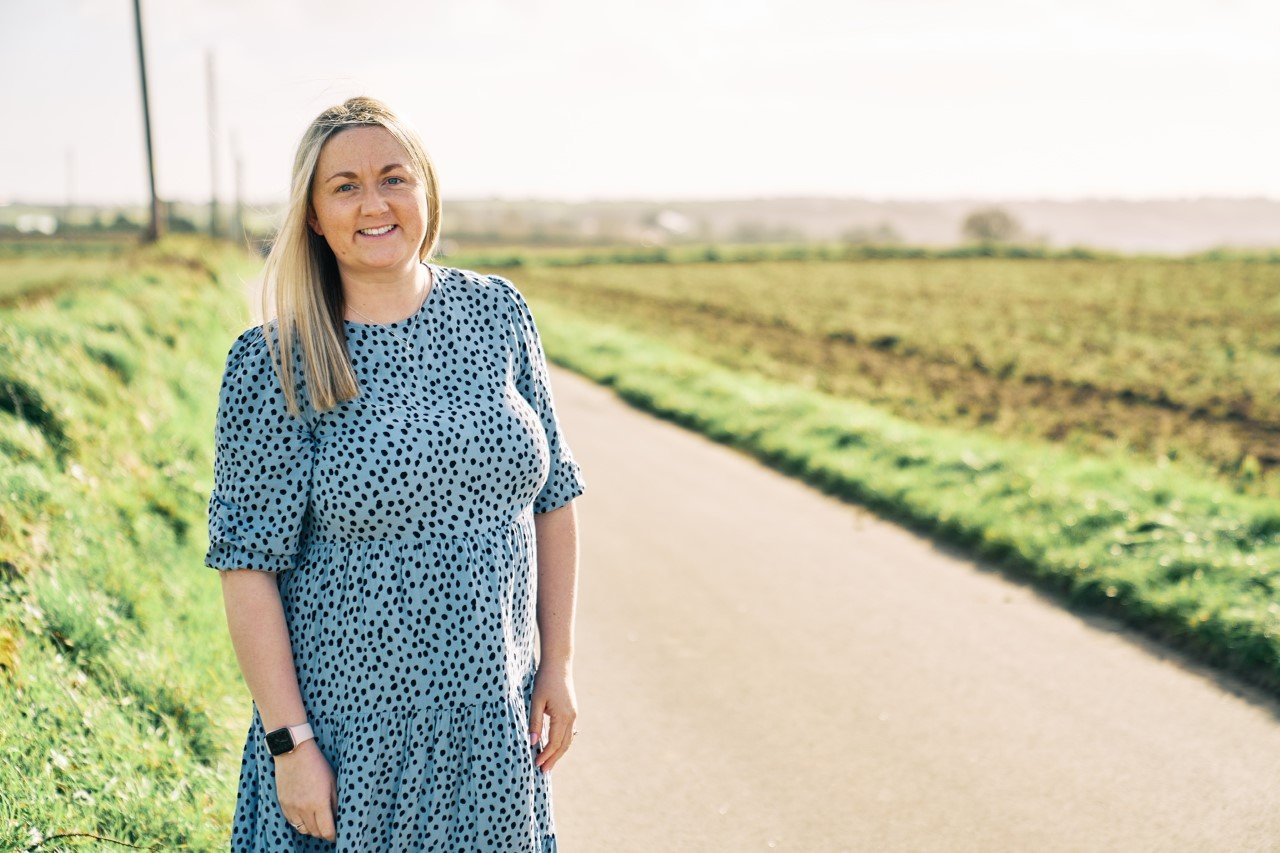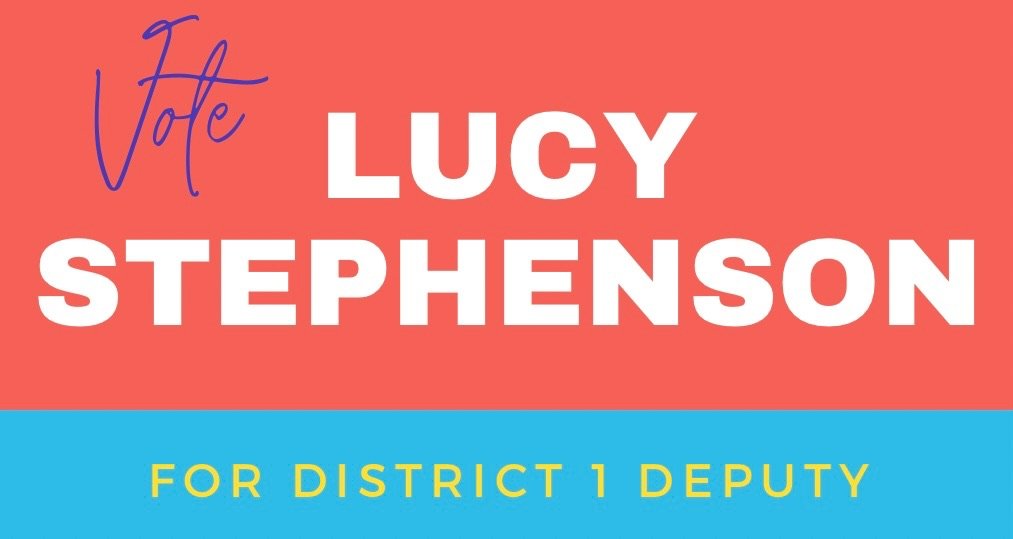
A fresh perspective
that’s still proudly Jersey
It’s time for a reset. A fresh start. A new approach. It’s time for a better style of government, which puts Islanders at the heart of decision-making and commits to making every single person living here feel like a valued member of the community. At the most basic level, it’s about good communication, effective collaboration, and – what's really been missing – compassion. It's common sense.
Our Island faces many challenges, and these have only been exacerbated by recent worldwide events. Others are also likely to follow. Housing, population, the spiralling cost of living, staff shortages across key sectors, an underfunded education system and a healthcare structure littered with problems, there are some complex matters which need urgent attention. Short-term emergency fixes are required, as well as longer-term visions backed by realistic plans for sustainable delivery.
None of these issues can be tackled by any individual alone or any single political party. We need to work together as a community. We need to collaborate to deliver. And we need a States Assembly ready to listen as part of that process.
Diversity around the decision-making table leads to better outcomes, and I would be honoured to have a seat at that table as one of your four representatives for St Mary, St Ouen and St Peter. I passionately believe that the way to deliver a fairer, more positive future for all must start with electing politicians who truly reflect Islanders and their values, in all their diverse glory. For such a group to then make effective decisions, they must all be committed to working collaboratively and to positive politics, which as a member of Better Way 2022 I am. As a voter in this election you have a chance to help inspire the change that is needed.
Big challenges,
bigger opportunities
Education
Previous governments have failed to effectively prioritise education. This needs to change. In order to do this we should:
Commit to a vision for Jersey to have a ‘world leading education system’ – an aim which is likely to take more than ten years (according to the Independent School Funding Review)
Set out a clear plan to achieve that vision. It will require investment and cover from birth and early years through to higher education and beyond into life-long learning. Some work has started which needs bringing together - it isn’t all about starting from scratch.
Make progress on implementing a sustainable funding system for schools, in partnership with headteachers and other stakeholders.
Agree a permanent higher education funding model to give students and families security and the ability to plan ahead.
Identify new ways to bridge the disconnect between those on the ground in education and civil servants. We must harness their knowledge and expertise much more effectively, balancing a need to allow them to get on with the day job but also influence policy and progression. We must listen.
Strengthen the support systems available to and around schools and their communities, focusing on early intervention, families and recognising the part our schools can play as community hubs.
Housing
We must balance the need to protect our green space with providing homes for future generations. But simply building more is not the only answer. Your next government needs to work quickly and creatively to ease the housing crisis. This includes:
Bringing empty properties back into circulation. Constructive, compassionate conversations need to happen with owners and we should consider an empty property tax.
Provide options for all. Delivering high quality retirement properties at the heart of our communities and supporting those who want to down-size at a time that is right for them can increase the supply of family homes. Engagement must be sympathetic, compassionate and a conversation – this is not about forcing anyone out of the homes they have worked hard for and spent their lives in. And let’s make it easier for people to add to or covert their homes to provide space for relatives.
Delivering homes on States-owned sites.
Supporting parishes and others to deliver shared-equity housing schemes.
Rethinking the way social housing rents are calculated, so they are no longer tied to increasingly unaffordable private market rates.
Getting creative with the taxes we charge. From extending the first-time buyer stamp duty relief to levels realistic for a family home to introducing an extra levy on buy-to-let investments, there are levers at our disposal we should consider.
Improve standards in rental accommodation and foster a more positive relationship between landlords and tenants generally. I do not currently believe rent control is the way forward.
Consider the practicalities of a government-backed lodger scheme to provide quality accommodation within the community for temporary workers.
Cost of living
A working group is currently preparing options for the government to consider, and the next Council of Ministers should make taking action on its findings an urgent priority. Inflation may be a long-term challenge, but it is having very real impacts today. In addition, we should:
Speed up the roll-out of school meals, and consider widening the criteria around who gets them for free, helping thousands of families with food costs and having many other benefits, including health, educational and for the environment.
Review benefit criteria to ensure those on the fringes are not falling through the gaps, particularly the elderly who may have been disproportionately impacted. We should consider ‘catch all’ options ASAP.
Step up public messaging to ensure those who qualify for help know they are eligible and how to claim it, as well as break down stigmas around claiming.
Recognise the part that environmental policy can play in helping to reduce costs in the longer term.
Jobs and the economy
Addressing gender imbalance and inclusion more generally is one important – yet often overlooked – way we can help to tackle the economic productivity decline. This area already needed work, and Covid-19 has reversed progress. Plus other challenges on the horizon such as automation threaten to disproportionately impact women. We should recognise the important part diversity and inclusion can play in increasing economic productivity and that empowering our workforce in a holistic way that values wellbeing can have more generally. Let’s:
Relaunch the government project shelved during the pandemic to introduce gender pay gap reporting – having the evidence inspires action and helps to measure progress.
Work to address the digital gender divide.
Apply a diversity and inclusion lens when considering economic policies such as those to support entrepreneurship, innovation, skills and diversification.
Be an inspiring employer, championing and normalising flexible working for all and promoting menopause-friendly workplaces.
Grow our own and balance some inward migration to ensure we have a skilled workforce fit for the future and remain a vibrant place to live, work and do business. Jersey cannot and should not close itself off completely. But we do need a population policy - we cannot properly plan future services or seek to take back control of the numbers without one. A sustainable population policy must be based on real-time data, and creating a mechanism for achieving this needs to be a priority.
Develop a strategy to attract talent back to Jersey, keeping in touch with those who have been educated here and could be tempted back by job offers and incentives. Not only does this help to recoup investment in education but it should help tackle retention issues.
Accountability and communication
Public trust and confidence in government has never been lower. We must work to break that cycle and restore confidence. We need to:
Elect ministers who will commit to regain control over their communications, restoring open channels with colleagues in the civil service and States Assembly, the media and Islanders more generally.
Work to an assumption of transparency and publication unless there is a compelling and tangible reason otherwise. Where the latter, we should be prepared to explain that reasoning.
Promote how Islanders can access public information.
Honour commitments to publish data and information in as much detail as possible and in a timely fashion.
Implement a new system of ministerial accountability and use this as a base from which to build a stronger future model.
And more…
Mains water and drains
Jersey has a known nitrate problem and PFAS (manufactured chemicals which can be linked to some health conditions) have been found in ground water across the Island, including in a small number of places at levels above the safe limits. Yet we have thousands of properties – a large proportion of them in the district of St Mary, St Ouen and St Peter – still relying on boreholes for their drinking water. While some owners are keen to continue with their private supplies, many are not – especially those whose water quality is so poor they are forced to use alternatives. In order to protect public health and future-proof safe, sustainable supplies we should commit to connect as many homes as possible to the mains network, working with Jersey Water to develop a funding mechanism which will support such a roll-out. This will not happen overnight, but we need a plan of how and when. Extension of the mains drains network can often be done at the same time, and should be factored into such a strategy. Consideration should be given to how owners can be supported to pay to connect to the network when services are brought to their area.
Infertility services
A cause close to my heart, our Island is currently failing the around one in six couples who require fertility treatment to grow their families. This includes same-sex couples and those affected by cancer. If elected I intend to work towards the creation of a fairer, more supportive and better funded assisted reproduction service for Islanders. This will include supporting the Health Department to implement its previously stated ambition to provide easier access to IVF treatment via an improved funding model.
Strong communities, working together
Our parishes are the heart of our communities. Each has a strong, unique identity that we must nurture and protect, while at the same time working harder to engage all. The new electoral system, which combines the parishes of St Mary, St Ouen and St Peter into one voting district, presents an opportunity for greater collaboration. We can share ideas, information, good practice. And we can learn from one another. This is not about blurring parish lines, it is about thinking smart, talking, listening and working effectively and efficiently to deliver for the west. We should:
Establish a new western forum made up of the constituency’s 4 Deputies and 3 parish Constables. This group does not need to have any decision-making authority, instead it should be seen as a constructive forum for positive collaboration, a ‘sounding board’, and bring in advisers and other stakeholders as and when required.
Create, or update, village plans for our parishes, developing long-term visions alongside parishioners and other stakeholders. By engaging Islanders at every stage future decisions around development, infrastructure and spending should be simpler.
Develop safe links or identify and promote existing ones for pedestrians and cyclists through our parishes to join existing and emerging infrastructure, reducing the need to travel on main roads to key locations and promoting sustainable transport methods.
Engage a greater number of people of all ages in a gently modernised parish system, strengthening and future-proofing its important position at the heart of our communities.
